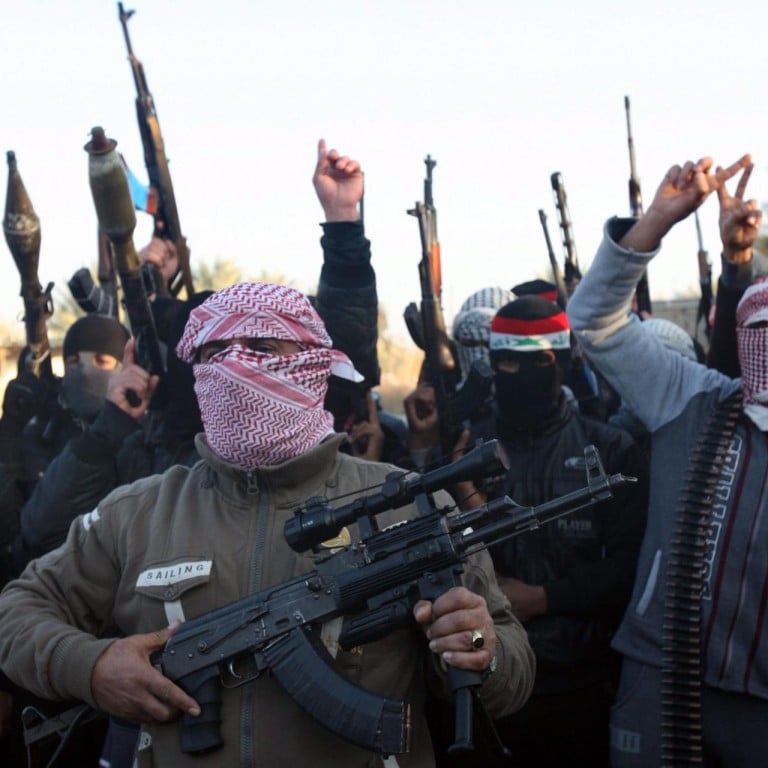
Al-Qaeda exploiting Syria rebellion to wage war on Shiites across Mideast
Holy warriors allied with militant group have turned fight against Assad regime into regional sectarian war with aim of forging Islamic state
Al-Qaeda is positioning itself as a vanguard defending the Sunni community against what it sees as persecution by Shiitedominated governments across Syria, Lebanon and Iraq.
As a result, a Syrian rebellion whose aim was the removal of President Bashar al-Assad is evolving into something both bigger and more ambiguous: a fight increasingly led by Sunni jihadis - often foreign and animated mainly by hatred of Shiites - who are determined to create an Islamic state.
Battling these extremists is a coalition that includes moderates who are horrified that their rebellion in Syria has been discredited, with parts of the country falling under strict religious law. For moderates in the Middle East, the renewed assertiveness of the extremists is increasingly taking on the aspect of a regional calamity.
"The war in Syria has poured gasoline on a raging fire in Iraq, and conflicts in both countries are feeding upon one another and complicating an already complex struggle," said Fawaz Gergez, director of the Middle East Centre at the London School of Economics.
"Now the reverberations of the Syria war are being felt on Arab streets, particularly Iraq and Lebanon, and are aggravating Sunni-Shiite tensions across the Arab Middle East."
Why now? Experts see a fundamental al-Qaeda characteristic of feeding on social, religious and ideological cleavages - of the kind that have been exposed in spectacular fashion in the Sunni-Shiite divide in Syria.
The war in Syria has poured gasoline on a raging fire in Iraq
It is fed by a vicious circle hugely frustrating to the moderate mainstream rebels: the more the West shows reluctance to intervene - fearful that helping them means also aiding global jihad even indirectly - the more there is a void for the jihadis to step into, capitalising on the widening sectarian schism to recruit new fighters.
The al-Qaeda-linked group that calls itself the Islamic State of Iraq and the Levant has made no secret of its desire to turn Syria's civil war into a regional conflagration that would allow it to take firmer root. Its very name, rebranded last year from the more-local Islamic State of Iraq, spells out its cross-border ambitions.
This week, fighters of Islamic State of Iraq and the Levant overran the city of Fallujah and parts of Ramadi in Iraq's Sunnidominated Anbar province, which stretches west to the border with Syria. This triggered fierce clashes with Iraqi special forces and government-allied Sunni tribes trying to recapture the strategic territory.
The al-Qaeda gains pose the most serious challenge to Prime Minister Nouri al-Maliki's Shiite-led government since the departure of US forces in late 2011.
Ahmad Moussali, a professor of political studies at the American University of Beirut, said the vacuum left by the US in 2011 in Iraq and the beginning of the uprising in Syria has led al-Qaeda to see in Syria and Iraq an arena for war, as well as the possibility of establishing an Islamic state.
"This is why we are seeing the congregation of all sorts of al-Qaeda-type groups," he said.
